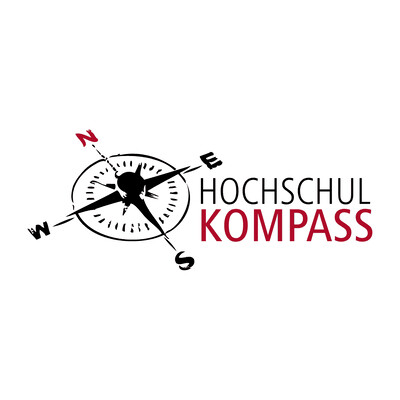Religious Studiesfull time
- Degree
- Master of Arts
- Master
- Standard period of study (amount)
- 4 semesters
- Location
- Marburg
- Deadlines
- Please enquire
Overview and admission
Study Type
graduate
Admission semester
Summer and Winter Semester
Area of study
Religious Studies
Focus
Theory and Methods of Religious Studies, Topics in General and Comparative Religious Studies, Historical and Contemporary Asian Religions, Religions in Europe, in particular. Contemporary Topics and Local Studies, Religious studies based on artefacts and exhibition issues.
Target group
Graduates with proof of a Bachelor's degree course in a relevant subject in the field of Religious Studies or another discipline related to religious and cultural research or with proof of a comparable domestic or foreign, professionally qualifying certificate of academic degree. Relevance exists if relevant modules from the fields of Religious Studies or another discipline related to religious and cultural research have been completed in the degree course in the amount of at least 48 credit points (CP). A degree course in a relevant subject is already available with a relevant minor subject degree course with at least 48 credit points.
Annotation
General information: The Master's degree programme “Religious Studies” provides you with a reflected access to the complexity of religious phenomena in the past and present in different socio-cultural contexts. The aim of the degree course is to be able to analyse the role and function of religions for the shaping of individual living environments, but also of collective affiliations and their significance for local and global conflict situations. Contrary to the assumption of a progressive loss of meaning of religions, it is very clear that religions are an essential element of social and political life even in the present. Research focuses: The Master's degree programme in Religious Studies enables specialisations in the field of religious cultures in Europe and Asia as well as in the field of Islamic cultures. The diverse facets of contemporary religious culture as well as the history and present of Islam, Hinduism or Buddhism can be possible focal points. Due to the minor subject selection in appropriately oriented neighbouring disciplines such as Islamic Studies, Indology/Tibetology or the social and cultural sciences as well as study opportunities in the Centre for Near and Middle Eastern Studies, Protestant Theology, Social Sciences and Peace and Conflict Studies, an individual focus and the acquisition of necessary language skills is possible.
Admission requirements
https://www.uni-marburg.de/de/studium/studienangebot/master/m-relwiss
Lecture period
- 22.04.2025 - 25.07.2025
- 13.10.2025 - 13.02.2026
Application deadlines
Summer semester (2025)
Application deadline for Germans and inhabitants
Application deadlines: https://www.uni-marburg.de/bewerbungsfristen
Deadlines for International Students from the European Union
Application deadlines: https://www.uni-marburg.de/bewerbungsfristen
Deadlines for international students from countries that are not members of the European Union
Application deadlines: https://www.uni-marburg.de/bewerbungsfristen
Enrollment deadline for Germans and foreign students
Application deadlines: https://www.uni-marburg.de/bewerbungsfristen
Winter semester (2025/2026)
Application deadline for Germans and inhabitants
Application deadlines: https://www.uni-marburg.de/bewerbungsfristen
Deadlines for International Students from the European Union
Application deadlines: https://www.uni-marburg.de/bewerbungsfristen
Deadlines for international students from countries that are not members of the European Union
Application deadlines: https://www.uni-marburg.de/bewerbungsfristen
Enrollment deadline for Germans and foreign students
Application deadlines: https://www.uni-marburg.de/bewerbungsfristen
Tuition fees
Tuition fees
Currently, the German federal state of Hesse does not charge tuition fees.
Languages of instruction
Main language
German

